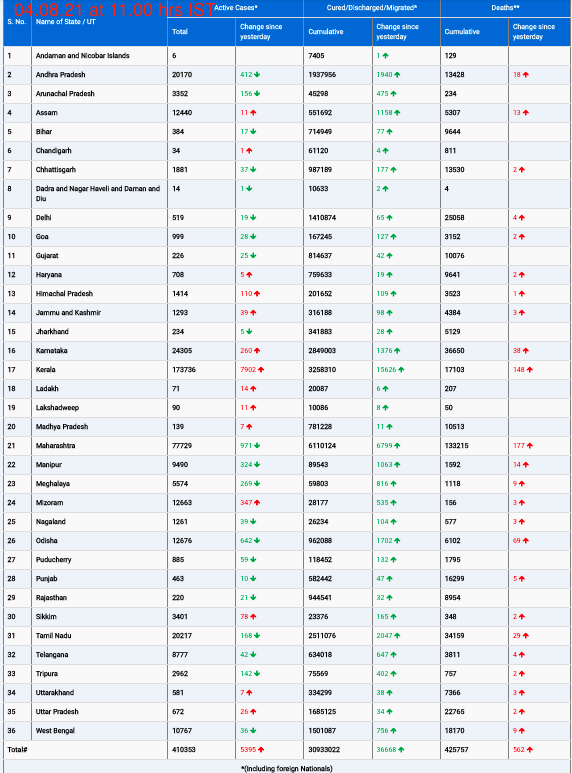Researchers have developed a new stool test that could revolutionize the detection of colorectal cancer, potentially saving thousands of lives each year. The groundbreaking research, led by the Netherlands Cancer Institute and published in The Lancet, suggests that the new test is more effective at detecting colorectal cancer than current screening methods.
Colorectal cancer is a significant global health concern, with nearly 2 million new cases diagnosed each year and over 935,000 deaths attributed to the disease. Early detection is crucial for successful treatment and improved outcomes, yet many cases are diagnosed at a late stage when treatment options are limited.
The new stool test, known as a multitarget FIT-test (mtFIT), evaluates levels of three proteins in stool samples: hemoglobin, calprotectin, and serpin family F member 2. Unlike traditional fecal immunochemical tests (FIT), which only measure hemoglobin levels, the mtFIT test offers a more comprehensive approach to colorectal cancer screening.
In a study involving over 13,000 participants aged 55 to 75, researchers found that the mtFIT test outperformed the FIT test in detecting signs of colorectal cancer. The mtFIT test identified significantly more individuals with abnormal protein levels, including those with polyps and growths that may develop into cancerous lesions.
Dr. Cindy Kin, a colorectal surgeon at Stanford Medicine, praised the new test for its potential to detect pre-cancers more effectively, allowing for early intervention and treatment. While the mtFIT test does not replace colonoscopies, it could serve as a valuable tool for identifying individuals at higher risk of colorectal cancer who may benefit from further diagnostic evaluation.
Dr. Anton Bilchik, a surgical oncologist at Providence Saint John’s Cancer Institute, emphasized the importance of early detection in reducing the risk of colorectal cancer-related mortality. The mtFIT test’s increased sensitivity could lead to earlier detection of high-risk polyps and cancers, ultimately improving patient outcomes and survival rates.
Although the mtFIT test has shown promising results in the Netherlands, further studies are needed to validate its efficacy and compare it to commercially available FIT tests. Nevertheless, the research represents a significant advancement in colorectal cancer screening and underscores the potential of innovative diagnostic approaches to improve public health.
As efforts continue to combat colorectal cancer worldwide, the development of more sensitive and accurate screening tests offers hope for reducing the burden of this deadly disease. With continued research and investment in early detection strategies, the medical community aims to save lives and improve the quality of care for individuals affected by colorectal cancer.












